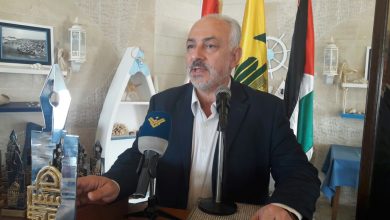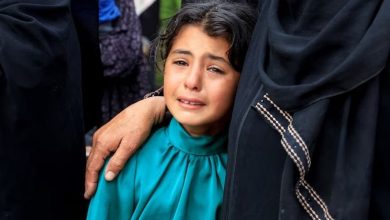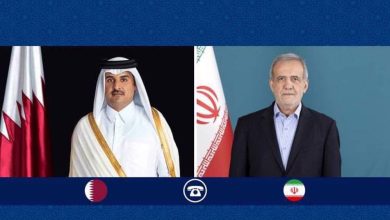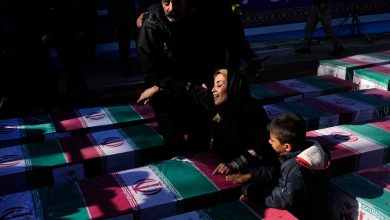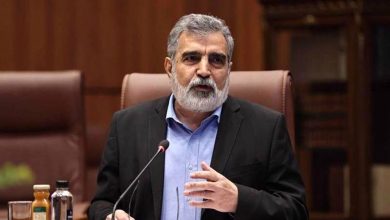Supreme Leader’s advisor warns Turkish officials against repeating baseless claims about Iran
A high-ranking advisor to Iran's Supreme Leader Ayatollah Seyyed Ali Khamenei has issued a stern rebuke to Turkey's foreign minister for recent comments deemed baseless, cautioning Ankara against making repeated claims that could jeopardize the longstanding diplomatic ties between the two nations.
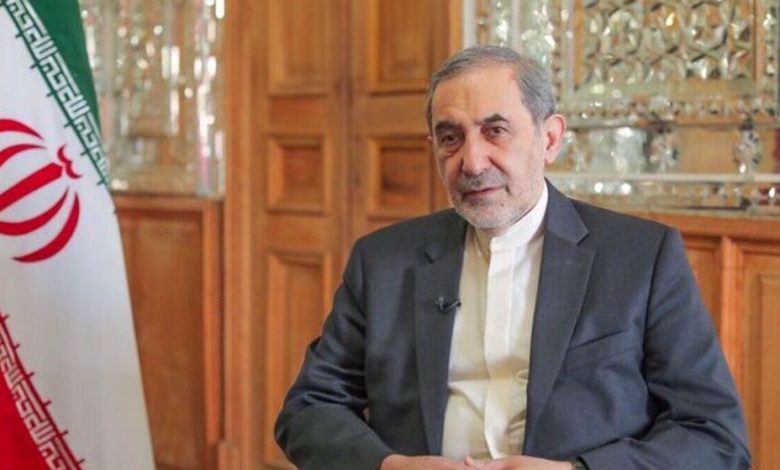
Ali Akbar Velayati issued a warning to certain officials in Turkey, emphasizing that the repetition of unfounded and interventionist allegations is detrimental to the mutual interests of the two nations’ bilateral relations.
The leader emphasized that the Islamic Republic is committed to safeguarding its longstanding and historic relationships within the region and will not tolerate any attempts by other nations to weaken these ties through reckless rhetoric.
“The Islamic Republic of Iran has consistently maintained a stance of mutual respect and non-interference in the domestic matters of other nations. We urge Turkish authorities to adhere to diplomatic norms and avoid unfounded allegations,” he emphasized.
A senior advisor underscored Iran’s status as a formidable country with a rich historical heritage, highlighting its ongoing efforts to enhance regional security and foster cooperation.
The official emphasized the Islamic Republic’s significant regional influence, cautioning Turkey against underestimating its position and power within the area.
A spokesperson asserted that any attempts by certain Turkish figures to undermine Iran’s regional influence through the adoption of foreign-influenced misconceptions are fundamentally misguided.
Historical patterns indicate that Iran remains resolute in upholding its principles and is likely to respond decisively to any perceived acts of disrespect.
In related developments, he emphasized the significance of the geographical proximity and shared interests between Iran and Turkey. He reiterated the importance of Turkish officials exercising caution and refraining from statements that might jeopardize the diplomatic relations between the two nations.
A representative of the Islamic Republic of Iran emphasized the nation’s willingness to engage in dialogue and interaction. However, he asserted that the country would not be passive in response to unfounded statements.
In a recent development, Turkish Foreign Minister Hakan Fidan, during an interview with Qatar’s Al Jazeera network, urged Iran to revise its regional strategies. Fidan characterized these policies as “very dangerous,” marking a significant diplomatic statement days prior.
He stated that if Iranian policies persist in their current trajectory, they may not prove effective. He emphasized that if Iran’s strategy of backing groups in other nations leads to unrest in a third country, it could result in reciprocal actions where other nations might support groups within Iran to cause similar disruptions.
A Turkish official reiterated allegations, often echoed in Western discourse, accusing the Islamic Republic of supplying weapons to regional resistance groups. These groups are said to oppose Western-supported Israeli occupation and military actions.
Hezbollah Maintains Its Strength, Analysts Report
In other parts of his speech, Velayati noted that the recent grand commemoration honoring the martyrdom of the celebrated figures of the Lebanese resistance movement, Hezbollah, including the former secretary general Sayyed Hassan Nasrallah and the former head of the Executive Council, Sayyed Hashem Safieddine, serves as evidence that Hezbollah continues to be a powerful entity with substantial influence.
The pair were assassinated amid heightened Israeli military actions against Lebanon in the previous year.
The recent loss of prominent figures Sayyed Hassan Nasrallah and Hashem Safieddine has been described as a significant blow, yet it does not signify a weakening of Hezbollah. According to statements, the group appears poised to pursue its objectives with increased resolve, bolstered by widespread support among the Lebanese populace who remain steadfast in their backing of the resistance.
**”Syrians Urged to Maintain Vigilance”**
In discussing the ongoing situation in Syria, Velayati expressed concerns over the uncertain future of the nation, noting indications that efforts to fragment the Arab country were already underway.
Numerous factions, including Kurdish forces, the Alawite community, the Takfiri terrorist organization Daesh, and the militant group Hay’at Tahrir al-Sham, assert control over distinct regions within the nation. He cautioned that the threat of a civil war persists at a significant level.
He also highlighted the involvement of foreign military forces in Syria, notably those from Israel and the United States, stating that their presence exacerbates the risk of the nation being divided.
Israel’s Foreign Minister recently engaged in discussions with European Union officials, during which he advocated for a partition of Syria based on ethnic and sectarian divisions. An advisor remarked that this stance highlights Israel’s strategic objectives, underscoring the necessity for the Syrian populace to stay alert to these developments.
Simultaneously, he commended the resilience demonstrated by the Syrian populace, highlighting their longstanding support for the Palestinian cause.
An official highlighted numerous instances where the Syrian people have made significant sacrifices in support of the Palestinian cause and their fight against Israeli occupation and aggression. The official emphasized that, given this history, Syrians are determined to eventually reclaim their nation from foreign interventions.



